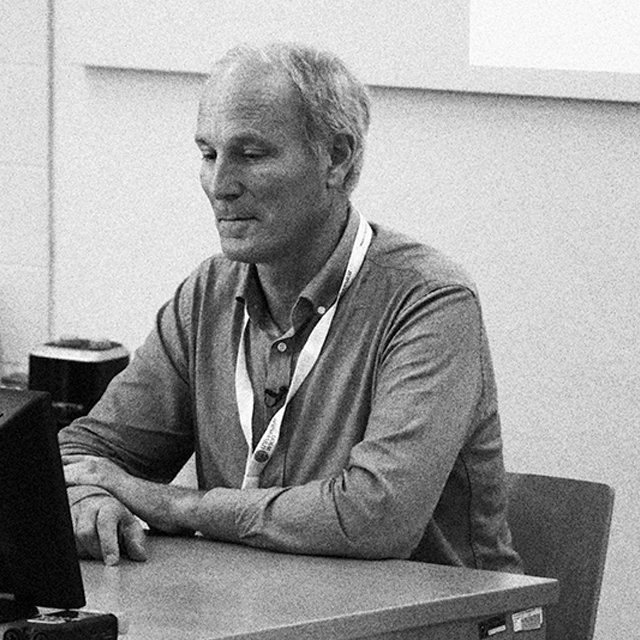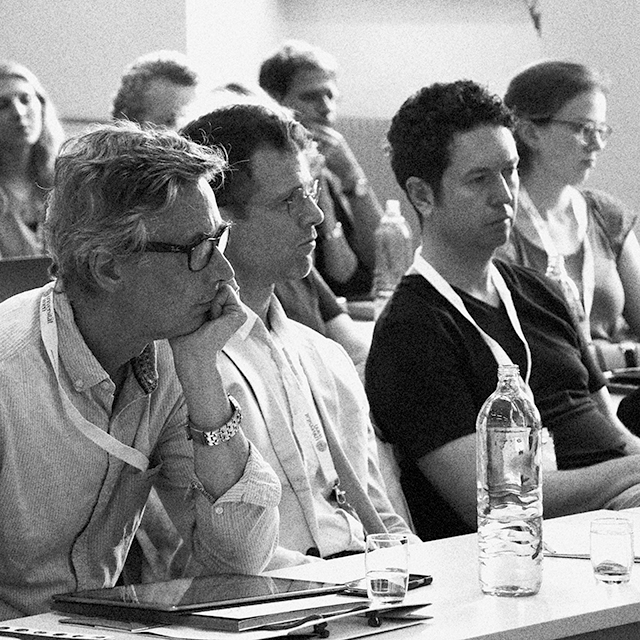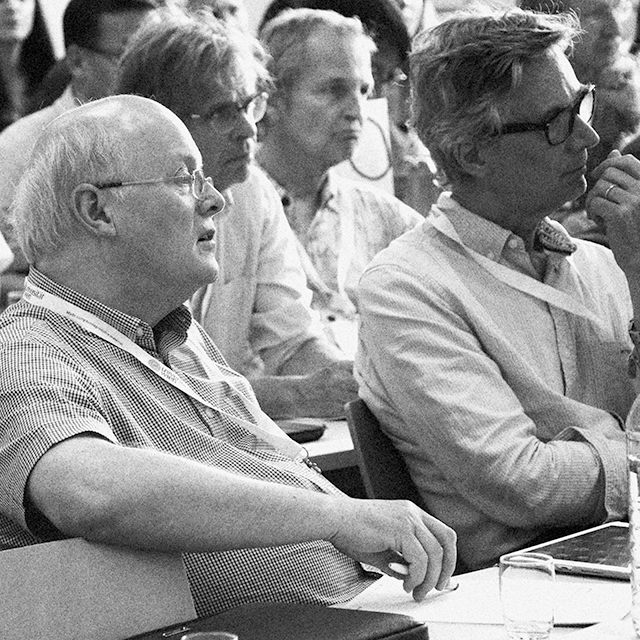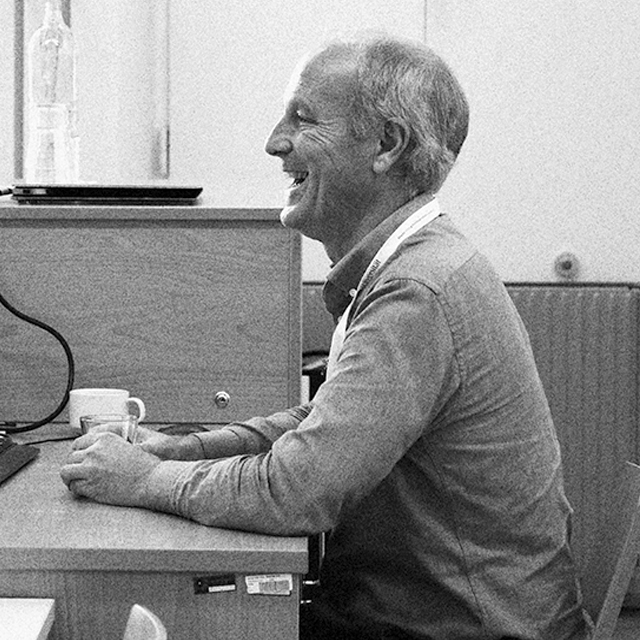Buddha-Nature and Selfhood
The eighth Karma pa Mi bskyod rdo rje’s (1507–1554) prolific writings on tathāgatagarbha contain several extended disquisitions on the topic of how buddha-nature relates to different conceptions of selfhood. On the one hand, he broadly rejects, along the lines of standard Madhyamaka critiques of the belief in self (ātmagrāha), any equation between buddha-nature and a self. While his critiques take in the controversial current of early Indian buddha-nature theory that had equated buddha-nature with a true self, their primary target is ‘Gos Lo tsā ba gZhon nu dpal’s (1392-1481) identification of buddha-nature with a subtle self, which was allegedly made under the tutelage of Tsong kha pa Blo bzang grags pa’s (1357–1419) conception of a subtle self. On the other hand, the Karma pa does accept a conception of authentic selfhood or transcendent perfection of self (ātmapāramitā) advanced in certain Tathāgatagarbha and Buddhist tantric texts that is said to be realized precisely through understanding selflessness. A touchstone of his attempt to reconcile these two seemingly antithetical views on the relationship between buddha-nature and selfhood is to regard them as complementary rather than contradictory. On this view, the negation of self is regarded as an indispensable moment in the discovery of authentic selfhood, which is in this case synonymous with dharmakāya and resultant buddha-nature. This presentation will explore the broad range of Indian and Tibetan views on buddha-nature and selfhood considered by Mi bskyod rdo rje and show how he presented and defended his own tradition’s position in relation or reaction to these.
Event: Vienna Symposium 2019 – Paper Presentation
Date: July 17, 2019 – 5:15 pm
Speaker: David Higgins
Topics: Buddha Nature, Selfhood

David Higgins
University of Vienna
David Higgins received his doctorate from the University of Lausanne, Switzerland in 2012. He subsequently held a position as a Post-doc Research Fellow in the Department of South Asian, Tibetan and Buddhist Studies at the University of Vienna where he explored the relationship between Mahāmudrā and Madhyamaka philosophies in Bka’ brgyud scholasticism during the post-classical period (15th to 16th centuries). His research interests include Indo-Tibetan Buddhist philosophy and epistemology with a particular focus on Bka’ brgyud Mahāmudrā and Rnying ma Rdzogs chen doctrines and practices. His PhD thesis was published under the title Philosophical Foundations of Classical Rdzogs chen in Tibet: Investigating the Distinction Between Dualistic Mind (sems) and Primordial knowing (ye shes) (Vienna, WSTB no. 78, 2013). His recent publications include Mahāmudrā and the Middle Way: Post-classical Kagyü Discourses on Mind, Emptiness and Buddha Nature (Vienna, WSTB no. 90, 2016, 2 vols.) and Buddha Nature Reconsidered: The Eighth Karma pa's Middle Path (Vienna, WSTB, forthcoming, 2 vols.), both of which were co-authored with Martina Drazczyk.





